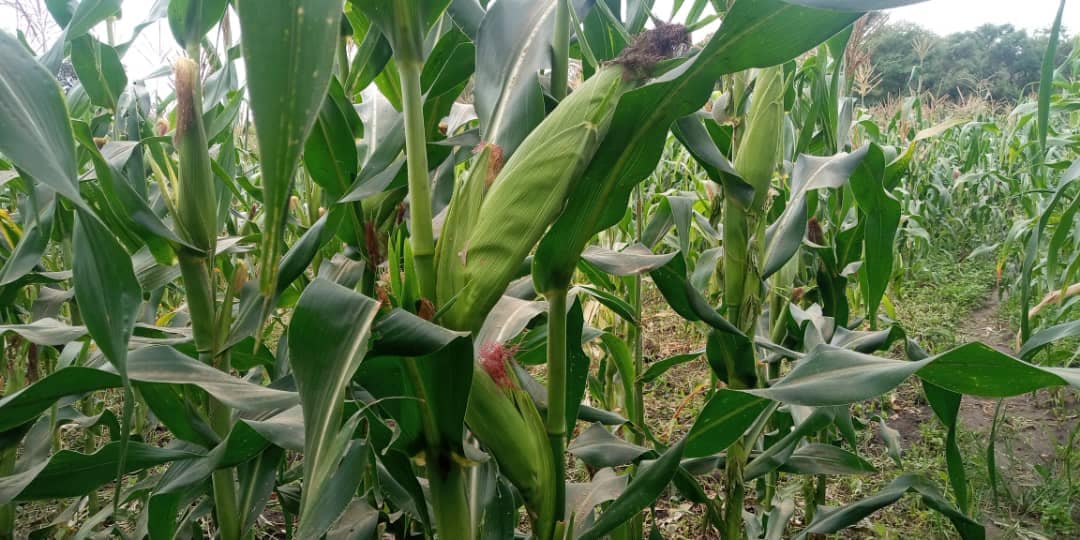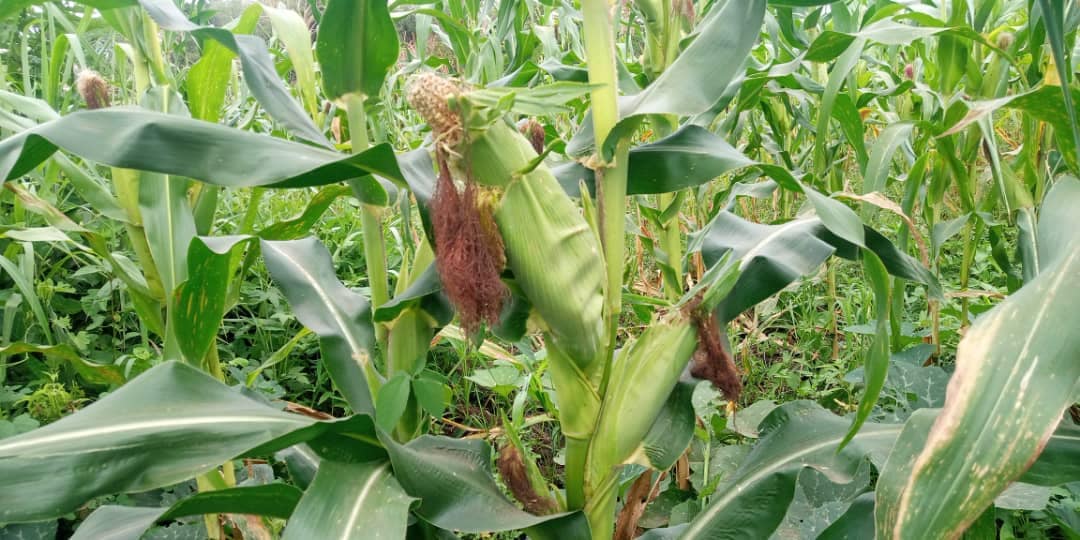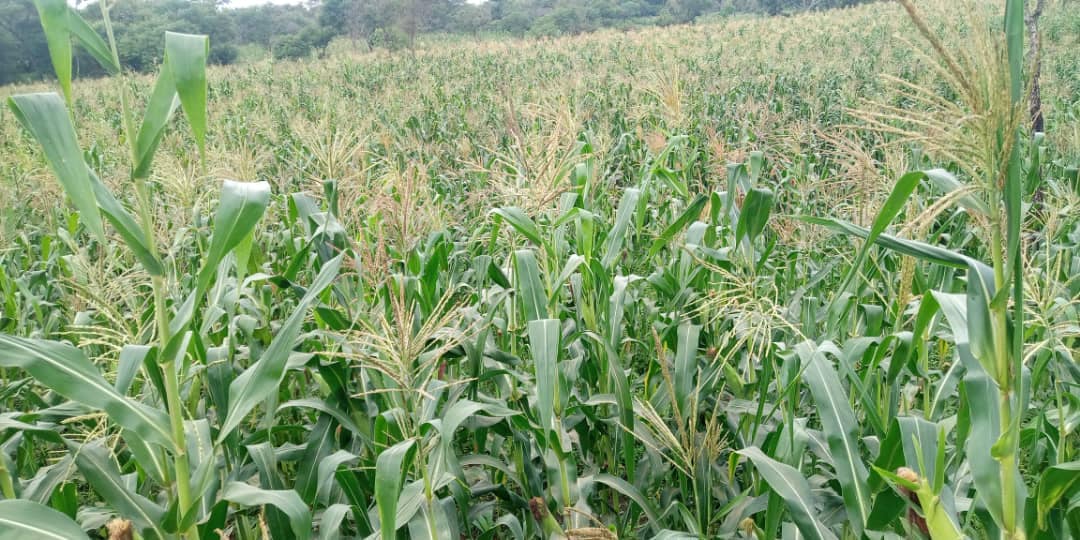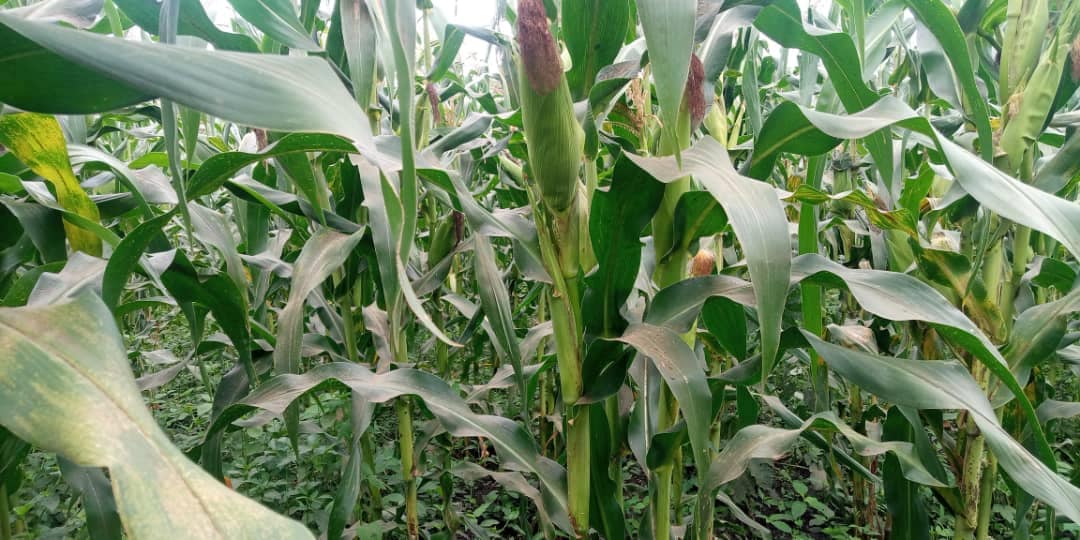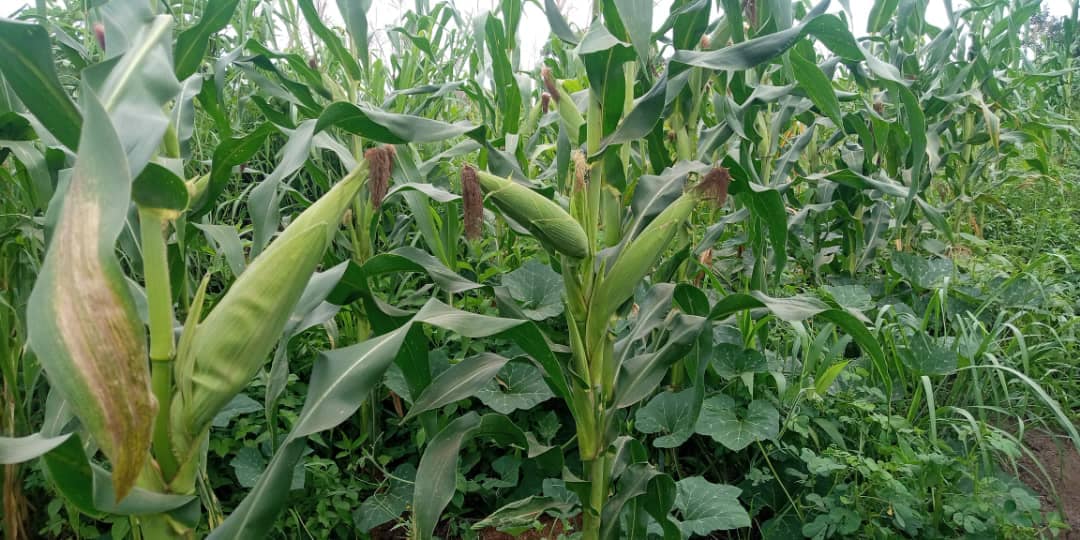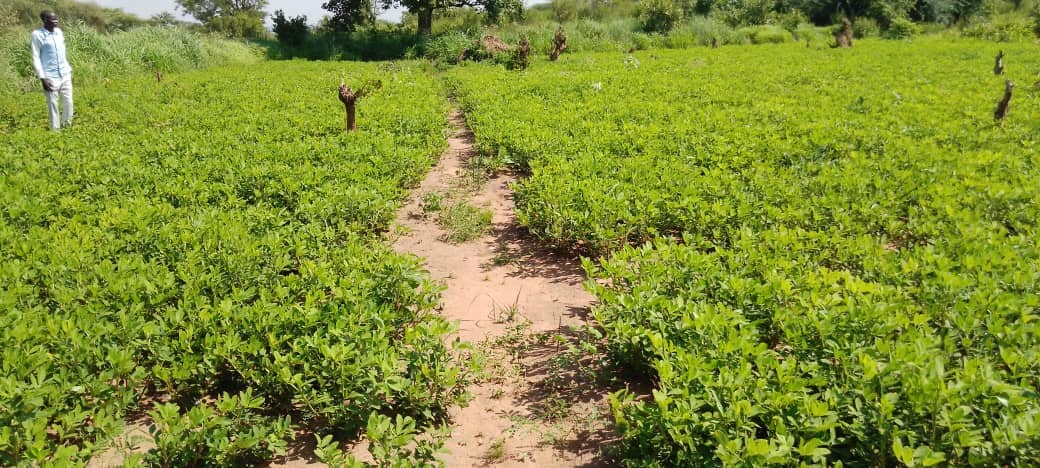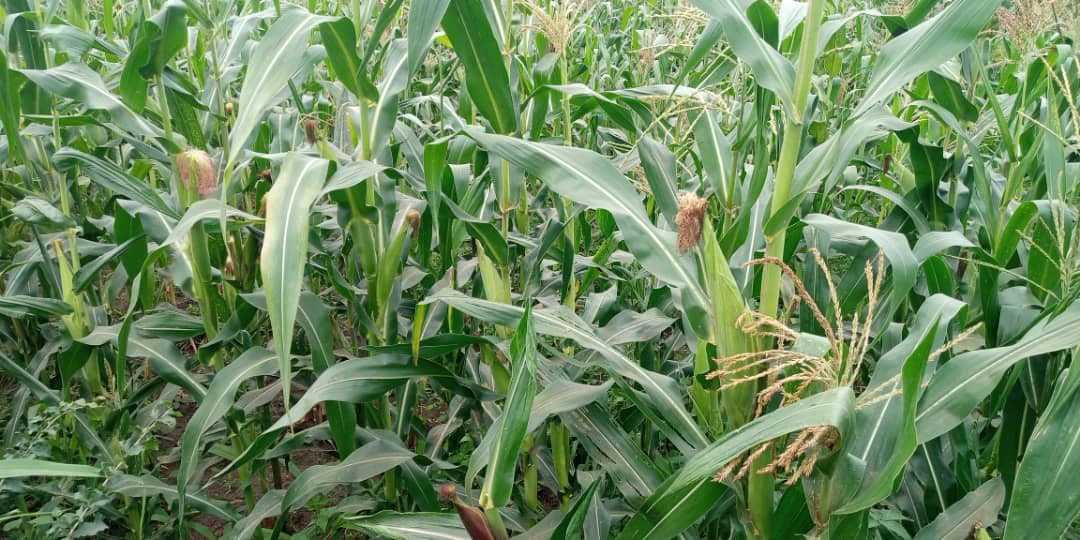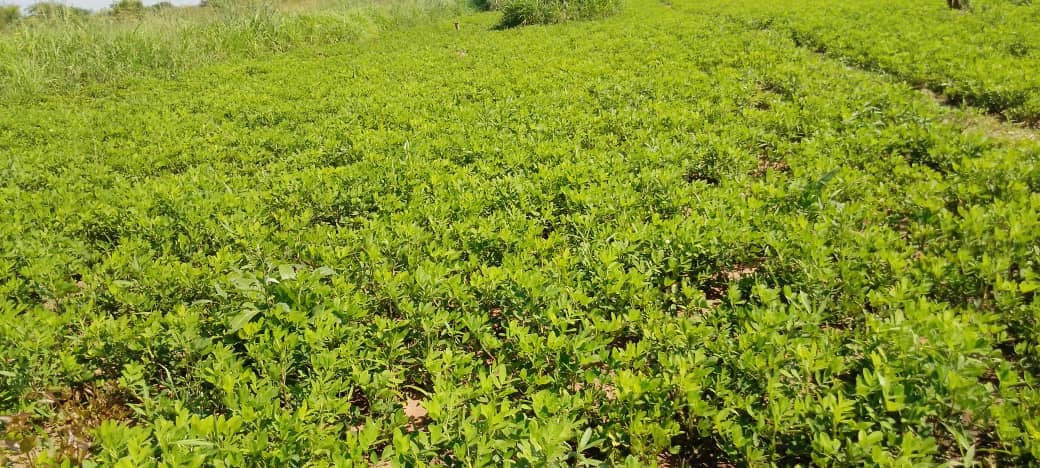In a significant stride towards enhancing agricultural productivity, the AMVAT (Agricultural Market Value Chain Development) project is making remarkable progress in Imurok Payam, Torit County, Eastern Equatoria State. With the backing of the African Development Bank (AfDB) through the Food and Agriculture Organization (FAO), local farmers’ groups are cultivating thriving fields of maize and groundnuts, signaling a promising future for food security and economic growth in the region.
The Elocang Illo farmers group has been hard at work, cultivating expansive maize fields that are now flourishing under their dedicated care. These efforts are not just about growing crops—they represent a broader mission to empower local communities with the skills and resources needed to boost agricultural production, improve livelihoods, and reduce poverty.
Similarly, the Aromo Inyi Amanya farmers group has successfully established groundnut fields, which are poised to deliver substantial yields. Groundnuts, a vital crop in the region, offer both nutritional value and income-generating potential for these farmers. The support from the AMVAT project is equipping them with improved seeds, modern farming techniques, and ongoing guidance to ensure that these fields thrive.
This progress is a testament to the collaborative efforts of the AfDB and FAO, whose support is instrumental in transforming the agricultural landscape of Eastern Equatoria State. By investing in local farmers and enhancing their capacity to produce essential crops, the AMVAT project is laying the groundwork for a more resilient and food-secure future.
As these fields continue to grow, they stand as symbols of hope and progress for the communities in Imurok Payam. The success of the Elocang Illo and Aromo Inyi Amanya farmers groups is not just measured in the crops they harvest, but in the empowerment and sustainability they bring to the region. This initiative is a shining example of how targeted support and collaboration can lead to lasting, positive change in the lives of smallholder farmers.

